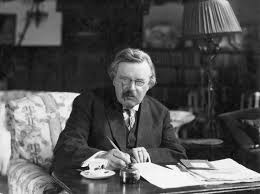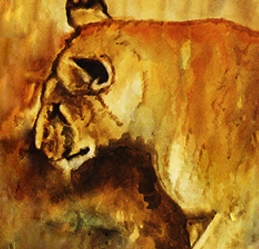The Foundling
What time the wandering mother Night
Made ready to depart,
A new-born, trembling Dream of Light
She laid upon my heart.
“Keep it,” she sighed, and bending low
Wept o’er it where it lay;
Then, suddenly as April snow,
Went vanishing away.
The Expected of Nations
While Shepherd Stars their nightly vigils keep
Above the clouds of sleep,
Long prophesied, behold the manchild, Morn,
Again is born.
The Dial
A dreamer in the dark, I grow
Prophetic in the morning glow;
Thereon a slender shade I throw—
A sign in Babylon to say
“Thou’rt in the balance weighed, O Day,
Found wanting, and shalt waste away.”
And now in Night’s pavilion, all
The stars are writing on the wall,
“Behold, thy kingdom too must fall.”
At Cock-Crow
Crow! For the Night has thrice denied
The glory of the Sun,
And now, repentant, turns aside
To weep what he has done.
Light in Darkness
The Day—of sorrow pitiless—
Proclaims, “He is not here”;
But never hath the tenderness
Of Night denied thee near.
Nay, in the Twilight sympathy
Returning from afar,
She wakes again from Memory
The Dawn-extinguished star.
For a recitation, click the play button:
[soundcloud url=”https://api.soundcloud.com/tracks/118573847″ width=”100%” height=”166″ iframe=”true” /]“The Foundling”: Lyrics, p. 71; Poetry, p. 72. 1897. A foundling is an infant abandoned by his parents and cared for by others; what time means when.
“The Expected of Nations”: Later Lyrics, p. 110; Poetry, p. 335. 1902. The Expected of Nations: one of the titles (Latin, exspectatio gentium) of the Lord Jesus, in the seventh of the “O” Antiphons, used in the Catholic liturgy during Advent.
“The Dial”: Later Poems, p. 100; Poetry, p. 77. 1910. The Dial: a sundial; the poem alludes to the Old Testament story of the prophet Daniel, recounted in Daniel 5. Babylon was the city in Mesopotamia in which Daniel resided.
“At Cock-Crow”: Child Verse, p. 4; Poetry, p. 336. 1899. The poem alludes to the Gospel story of St. Peter’s triple denial of the Lord Jesus, as in Mark 14:66-72.
“Light in Darkness”: Father Tabb, p. 223; Poetry, p. 85. 1907. The second line quotes the angel at the Lord’s tomb, as in Matthew 28:6.


